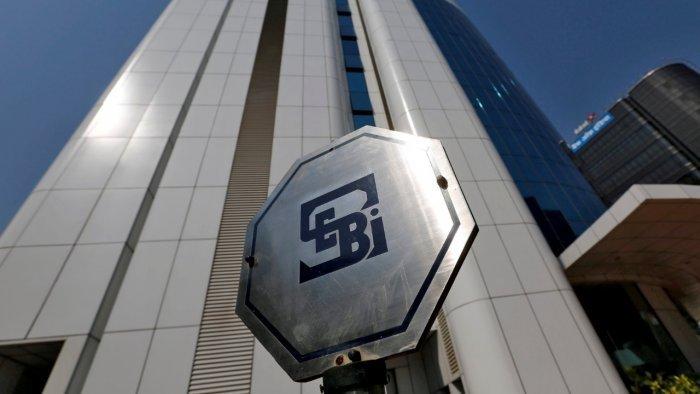Is SEBI’s Ban of On-Market Buybacks Really ‘Equitable’?

Image Courtesy: PTI
As market participants will be familiar, in India, there are broadly two ways for companies to buy back their own stock – these are by purchasing shares on the order book of the exchanges (‘on-market buyback’) and through an off-exchange system (“tender route”).
The Securities and Exchange Board of India (SEBI), at its board meeting on December 20, 2022, has decided to phase out the on-market route for company buybacks. After the board meeting, Madhabi Buch, SEBI’s chairperson, had said the reason for this phase-out by 2025 is that the benefits of on-market buybacks only accrue to a “few people” and thus it is “not an equitable mechanism”.
Whilst of course the intention to support more equitable mechanisms is laudable, the on-market market back route had a number of practical advantages.
First, on-market buybacks ensure companies are not “overpaying” for stock. To explain that practically, imagine a long-term shareholder that is happy with its holding size. The last thing it wants is the company to spend its cash reserves buying stock at a significant premium (through tender offer), when it could buy them back at market price (through the on market-route) and invest the difference in other productive purposes.
In reality, companies that opt for a tender route buyback do end up having to offer a significant premium to the market price, as they are fearful that by the time the tender offer opens (given the time gap between announcement and offer opening), that the offer price would be below the market price. This has been particularly common among the IT companies. The recent buyback announcement by Eclerx, for example, has an offer price at over 20% premium. As one academic, Buckley(1990) summed it up: “A premium price repurchase benefits selling shareholders at the expense of retaining claimholders”.
Second, on-market buybacks add significant liquidity to thinly traded securities which benefits all shareholders and in the long run is beneficial for a deeper market. On many occasions, on-market buyback programmes can stretch for up to six months with the company buying stock in the market on a daily-basis. This activity not only brings other participants into the stock but also can have benefits from an index construction perspective, as many global indices like MSCI have a minimum liquidity criteria for securities.
Third, on-market buybacks have operational simplicity which is beneficial for smaller retailers. There are no application procedures, no need to understand acceptance ratios and no shares that need to be “blocked” from further trading.
Having witnessed first-hand as a former broker and trader in various institutions how these buybacks for corporates were carried out, it was always a specific mandate that no ‘block’ or ‘crossing’ transactions between specific shareholders could be carried out. These transactions were simply executed like normal orders between anonymous participants on the exchange.
The question is, then why ban the on-market buyback? The answer, in my mind, is that there is probably a bigger back story. If companies were conducting on-market buybacks fairly, its unclear why they should be inequitable; any shareholder is free to sell their shares to the corporate buyer (denoted with a * on the exchange system).
What we really should be asking is: what were promoters and corporate brokers doing that has led to the outright ban? Were they favouring specific sellers through blocks or crossing? Were they engaging in unfair trade practices like manipulative trading or even front running?
Frankly, if these issues did exist, it might have been better to tackle them first, before outright banning a buyback method that has obvious practical benefits for all participants.
The writer is a freelance journalist based in the UK. The views are personal.
Get the latest reports & analysis with people's perspective on Protests, movements & deep analytical videos, discussions of the current affairs in your Telegram app. Subscribe to NewsClick's Telegram channel & get Real-Time updates on stories, as they get published on our website.
























